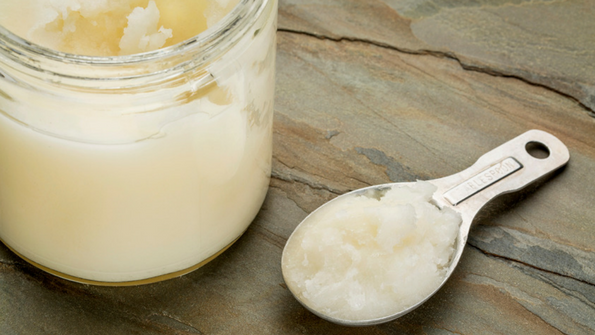8 food and beverage predictions for 2017
Responsible fats
In 2014, Time put one of the most contentious figures on the front cover. No, we’re not talking about a politician. We’re talking about butter, the saturated fat beloved by Julia Child and bakers everywhere. Since then, fat—particularly saturated fat—has made a resurgence among natural industry players. One driver of saturated fat growth, including coconut oil, palm oil, butter and ghee, in CPG was a 2015 FDA ruling that trans fatty acids, also called hydrogenated or partially hydrogenated oils (PHOs), were no longer "generally recognized as safe."
While the FDA implemented a three-year compliance period for companies to eliminate PHOs from product formulations, companies have fully embraced tropical oils and even animal oils such as tallow to provide stability and creamy texture in products like nut butters, crackers and baked goods.
The next year will see improved responsible consumption of such fats from a social and health perspective. Efforts by industry organizations like Palm Done Right, manufacturers like Dr. Bronner’s and Nutiva, and certifiers like the Rainforest Alliance are making strides with palm oil’s deforestation problem. And while the ketogenic diet recommends followers consume ample amounts of saturated fats, we expect the conversation around fats will continue to laud the mono- and poly-unsaturated fats, typically liquid at room temperature. The age of vilifying fat is over. Now it’s time for responsibility—for the planet and responsibility for our health—to dominate the conversation.
Examples:
